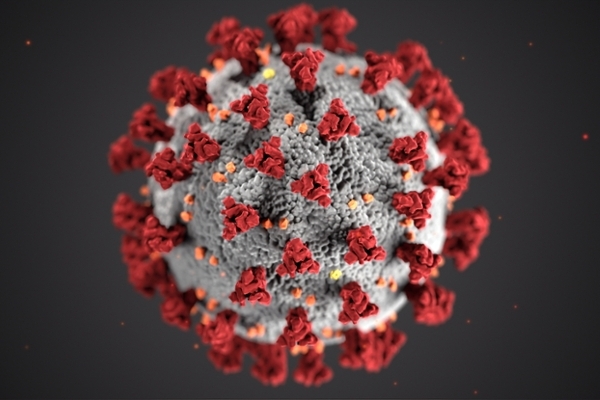
The Sobering Reality of COVID-19
Canada has entered a sobering COVID-19 reality. Though we had weeks to prepare based on what we were seeing in China, Italy, Iran and other areas, Canada has only begun to put in place more aggressive public health policies of containment that are focused on slowing disease progression or flattening the curve.
By Dan Florizone, Executive-in-Residence, Johnson Shoyama Graduate School of Public PolicyCanada has entered a sobering COVID-19 reality. Though we had weeks to prepare based on what we were seeing in China, Italy, Iran and other areas, Canada has only begun to put in place more aggressive public health policies of containment that are focused on slowing disease progression or flattening the curve. An already overburdened healthcare system has insufficient surge capacity to cope unless significant measures are undertaken. Slowing the progress of the virus is critical to slow the rate of inevitable hospitalizations; cancellation of elective procedures, which have occurred in some areas, will not be enough.
Surge capacity issues are coming to light—with media attention focused on ICU beds, ventilators, and supplies of personal protective equipment. While questionable access to the tools and technology of care are deeply concerning, far too little attention is being placed on care teams—the providers who support and deliver care and service to those infected by COVID-19. These team members are and will continue to be disproportionately exposed to the virus; they will experience extreme fatigue and have families who have and will also experience illness. Care teams need to be protected, cared for, and relieved. The longer this is drawn out, the more important this becomes.
At a macro level, there is a real tension between slowing progress of COVID-19 and seeking a rapid economic recovery. From a health perspective, a slow pace is an indication of success. From an economic perspective, a slower pace of spread, while blunting the health crisis, deepens business losses.
We are only weeks away from seeing how our healthcare system will cope and what the impact on staffing and supplies will be. We are two months away from knowing if COVID-19 is seasonal. A COVID-19 vaccine could be up to a year away. The introduction of antivirals could be several months away—depending on the success of current clinical trials. Herd immunity—where a significant proportion of the population is exposed, recovers and has enough immunity to offer a protective effect on the rest of the population—is likely over a year away depending on the efficacy of our public health efforts.
At an individual level, strategies such as social distancing become more difficult over time. Prolonged social isolation can impact mental, physical and spiritual health. We may protect ourselves from this virus, but negatively impact our quality of life and health in many other ways.
Recovery—and there will be recovery—is a critical consideration in contingency planning and we need to start thinking about it now. Schools and post-secondary institutions have closed—but what is the plan to re-open? How will student learning recover from such a prolonged period of absence?
Businesses, restaurants, public spaces, recreational facilities have closed—but how and under what conditions must exist for them to re-open? And what further supports need to be put in place to help family and small businesses weather this storm? When and on what basis will social distancing rules be relaxed? Recovery needs to be thoughtfully considered, and well thought out, even while we are actively responding.
Adaptation and innovation during this time will be critical. Opportunities are emerging that allow us to connect, meet, monitor and conduct health care and business in new ways that overcome social barriers of self-isolation through web-based applications and virtual approaches. Good people will come together, virtually. And when this is over, the critics, with benefit of hindsight, will critique our every action as going too far. And that will be the surest sign that we have succeeded.
In the meantime, we need to each do our part to help: avoid close contact with others, wash your hands frequently and be kind to one another.

